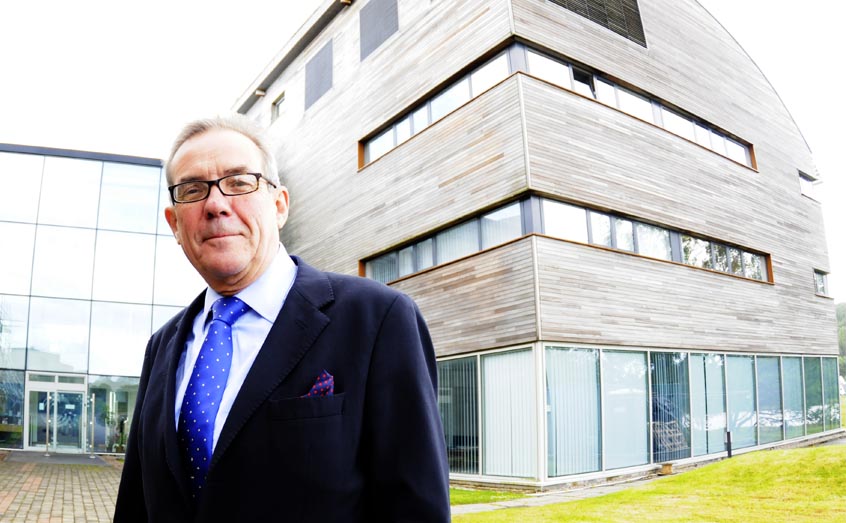SAMS news room
POGO plea to plug ocean knowledge gap

Leading marine science academics from around the world have issued a joint call on governments to support science in the developing world, in a bid to plug the ‘many’ gaps in our understanding of our ocean.
The statement by the Partnership for Observation of the Global Ocean (POGO), a forum for leaders of major oceanographic institutions around the world, was issued this week through the Cabo Verde Declaration on Ocean Observations.
Its declaration requests that all governments, as well as funders and stakeholders worldwide, support ocean science institutions in Africa, Small Island Developing States, and other parts of the developing world to participate fully in global endeavours to measure and understand changes in their regional and local marine environments.
Explaining how the ocean is key to our environment and climate, the declaration spells out the needs to establish and maintain observing systems, data sharing capacities and information development to advance science and inform ocean-related decision making.
SAMS Director Prof Nicholas Owens, the current POGO chairman, said: “The world in which we live, could, by rights, be called Planet Ocean. The ocean influences our lives greatly and makes up the majority of the planet, yet we know relatively little about it.
“While we are constantly striving to learn more about how the ocean works, there are huge gaps in our knowledge, not least around developing nations. Many of these nations, particularly island states, are disproportionately affected by the effects of our changing climate and there is a real need for well-funded research and observations in those regions.
“Our Cabo Verde Declaration on Ocean Observations, signed by all 40 member institutions, signals a collective call to build a truly global picture of our ocean.”
Despite the growing importance of the marine environment, the Census of Marine Life estimated that at least three species remain to be discovered for each already known. The First World Ocean Assessment (WOA) of 2016 points to the many gaps in our scientific understanding of the ocean, including sea-level rise, ocean acidification, nutrient distribution and cycling, primary production, biodiversity, population health and reproductive success, fish stocks, and threatened and declining species and habitats.
The societies and economies of many developing countries rely heavily on the ocean, through coastal tourism, trade infrastructure, natural resource extraction, and small-scale and industrial fisheries and aquaculture. However, extreme weather events, sea-level rise, tsunamis, harmful algal blooms and water pollution threaten the world’s poorest and most vulnerable coastal and island communities.
Ocean observations and information services can be used to improve human health and safety and food security, support livelihoods and small-scale economic activities and improve climate resilience and disaster risk reduction.
POGO’s Cabo Verde Declaration concludes: “We believe that all nations must be involved in establishing the infrastructure that guarantees a manageable future for the global ocean and its resources. More than ever, it is critical that the world’s governments prioritise funding of ocean observations and their coordination at the global level, to complete a comprehensive Global Ocean Observing System.”
Since 1999, POGO has served as a forum for leaders of major oceanographic institutions around the world to promote global oceanography, particularly the implementation of international and integrated ocean observing systems.
